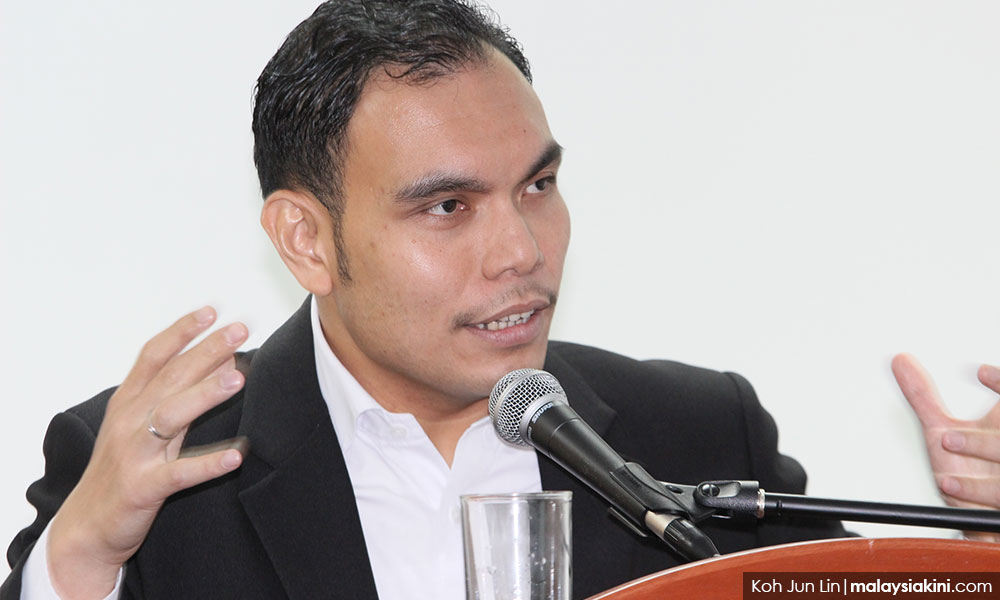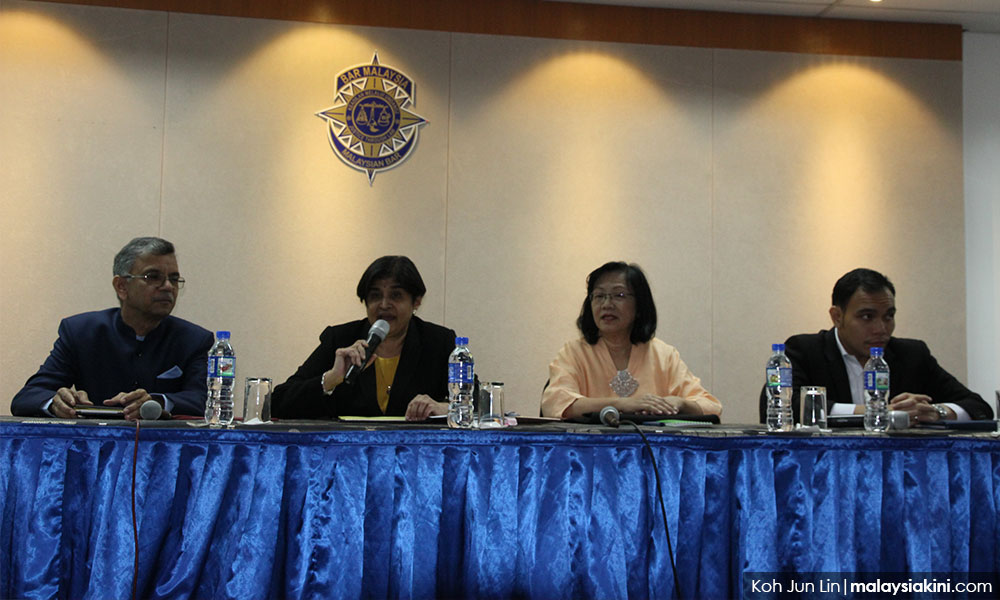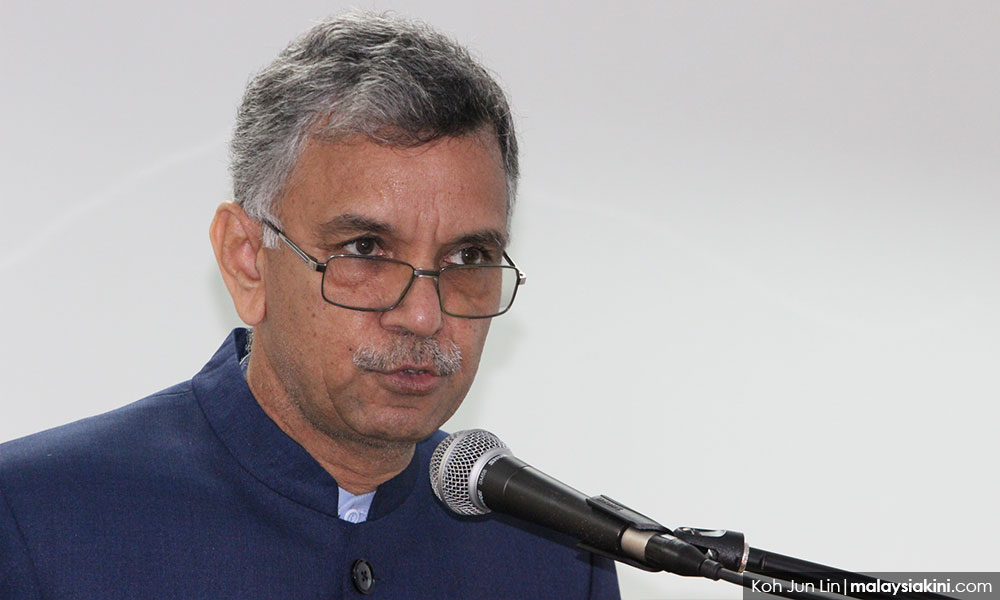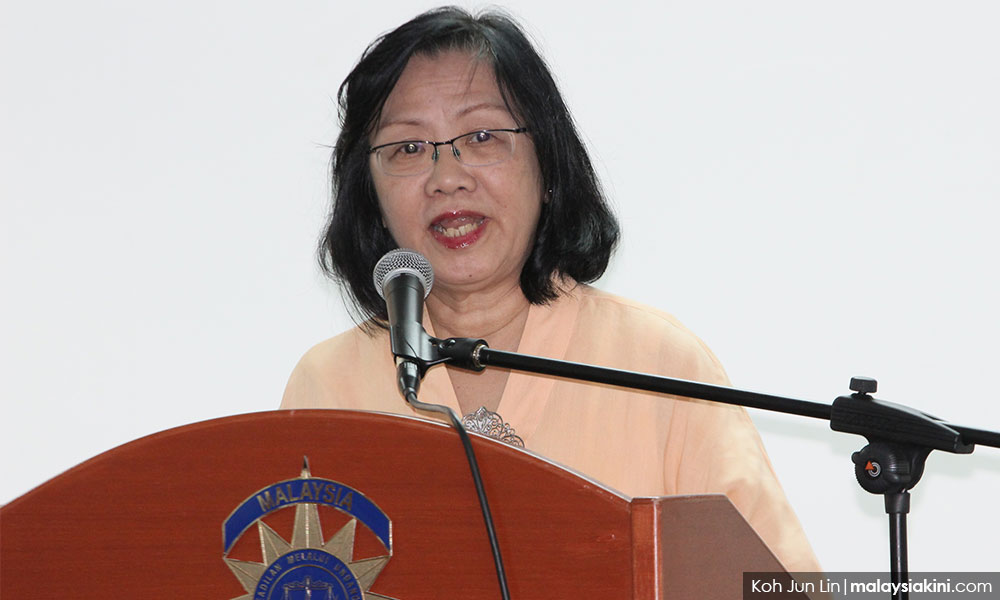
Several recent Court of Appeal decisions have made it almost impossible to challenge the Election Commission’s redelineation proposals in court, according to lawyer Syahredzan Johan.
This is despite the redelineation proposals giving rise to allegations of malapportionment and gerrymandering.
As Syahredzan noted, the Court of Appeal had ruled on Aug 14 that the EC’s redelineation proposal was not a decision, and hence cannot be subjected to judicial review.
Another Court of Appeal decision on July 18 had reinforced this position.
“When the court held that these proposals are not decision, and cannot be judicially reviewed because they are merely proposals, the question is: When can an aggrieved party bring a matter to court?
“Is it after the (local) inquiries? But some of the judicial reviews applications were filed after the inquiries were made or have been conducted. What if the EC does not take into account or dismiss your objections? What can be done then?”
“Does it mean that you can only bring an action once the report has been prepared and the prime minister tables in Parliament? But then you have the issue of parliamentary privilege,” Syahredzan told a Bar Council symposium today, at a session titled “Free and Fair General Elections: Fiction or Fact?”

The lawyer pointed out that these technicalities would only leave a small window of opportunity open to challenge the redelineation proposals.
“Does that then mean that you only have that small window where the EC gives the proposal to the prime minister, but the prime minister has yet to table the proposal in parliament? But how would anyone know, because it is not as if they would announce it.
“So effectively, the decisions in the Court of Appeal has made it such that aggrieved persons who feel that the EC had not adhered to the constitutional principles would now appear not have a legal recourse available to them, unless we take it that there’s that small window of opportunity,” he added.
The lawyer pointed out that, among others, the Federal Constitution requires that the EC determine electoral boundaries such that the number of voters in each constituency within the same state is “approximately equal” – although taking into account the difficulty of reaching voters in rural areas.
Despite this constitutional provision, however, the EC’s redelineation proposals would worsen the malapportionment, such that the largest constituency in a state would have several times more voters than the smallest.
Also at the forum today was the Hyderabad-based lawyer G Vidyasagar (photo), who was asked about India’s redelineation process and avenues for challenging it.

Vidyasagar said there would be an objection process followed by a public hearing, before the Indian Election Commission tables its decision to Parliament.
“But even the Parliament’s decision is subject to judicial review with regard to delimitation. It is provided under the constitution. So judicial review is available to the final process of delimitation,” he said.
For the record, the Malaysian EC’s local inquiries are held behind closed doors, and objectors are not allowed legal representation. They are also allocated only 30 minutes to present their objections, which some objectors argued is inadequate.
Meanwhile, Bersih chairperson Maria Chin Abdullah (photo) highlighted several problems in the electoral process, such as the EC making it more difficult to inspect draft supplementary electoral rolls, and the voter objection process being abused to make registration more difficult.

She said that despite these hurdles and a feeling of hopelessness, Malaysians should still turn up to cast their ballots at the upcoming general election.
“I still believe in voting, so I’m asking everyone please don’t give up the vote. Vote, and get others to vote… We do need a strong Parliament, and a strong opposition,” she said.
She added that the 13th general election was also unfair, but despite that, Malaysians came in record numbers to vote. The voter turnout at the time was 84.84 percent.
Maria stated that she expected the turnout to be lower in the 14th general election, but Bersih is campaigning to encourage voters to vote and maintain the turnout rates seen in the last general election.
- Mkini


No comments:
Post a Comment
Note: Only a member of this blog may post a comment.